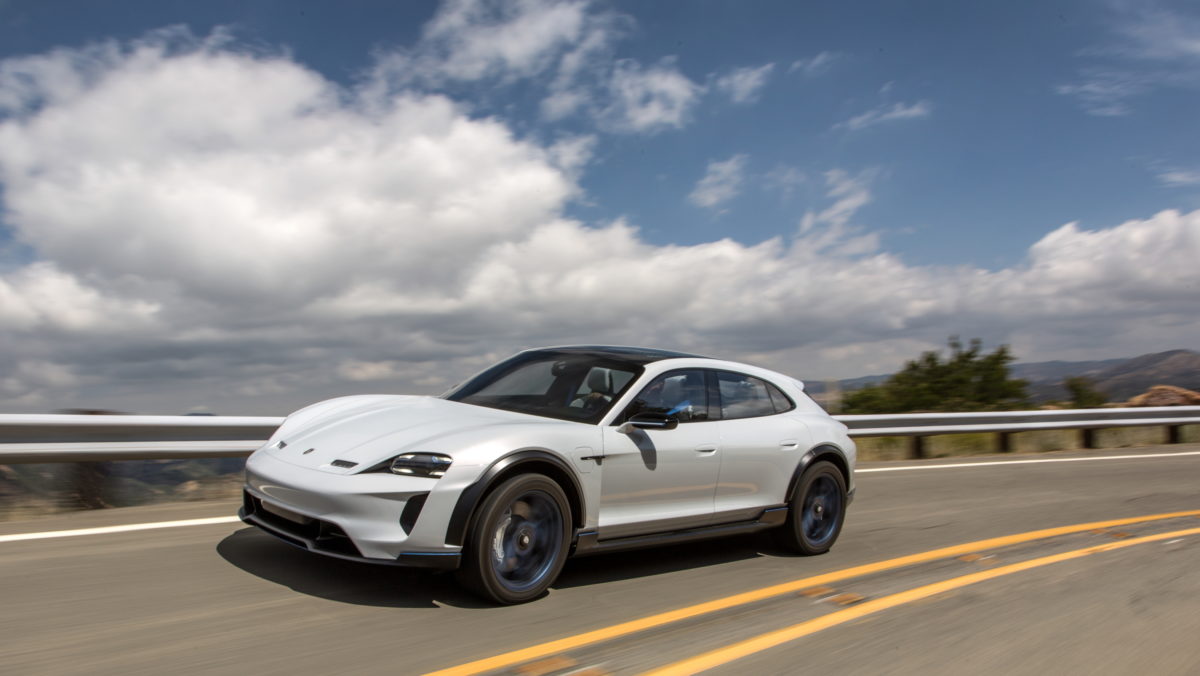Luxury car manufacturer, Porsche says it will ditch diesel engines from its product portfolio. The company cites strong consumer interest in electric vehicles and lagging demand for diesel engines as reasons for the move.
According to a company announcement, Porsche already sees 63% of European sales of its Panamera model accounted for by the hybrid version. By contrast, demand for its diesels is dropping globally. Reportedly, diesel engines accounted for a mere 12% of its global sales last year. Since February this year, Porsche has not had a diesel engine in its portfolio.
“Porsche is not demonizing diesel,” said Oliver Blume, CEO of Porsche AG. “It is and will remain, an important propulsion technology. We as a sports car manufacturer however, for whom diesel has always played a secondary role, [and] have come to the conclusion that we would like our future to be diesel-free. Naturally, we will continue to look after our existing diesel customers with the professionalism they expect.”
Porsche will reportedly have invested more than €6 billion ($7bn) in e-mobility by 2022. Aside from its hybrid models, Porsche is set to launch its all-electric Taycan next year.
The company says the car's manufacturing process is carbon neutral and an ultra-fast charging network across Europe would be supplied with green electricity. The manufacturer also says it believes that by 2025 every second new Porsche could have an electric drive, either hybrid or all-electric.
Popular content
The sports carmaker – a subsidiary of Volkswagen, which was at the center of the emissions scandal – did not mention the legal repercussions of dieselgate as a reason for this move. Regional courts in Germany recently ruled a temporary driving ban for diesel cars in the event of severe smog conditions would be generally permissible, causing uncertainty among the German owners of diesel cars.
Europe recently passed the 1 million EV mark on its roads, and the numbers are expected to climb fast. Falling battery costs and ever-improving charging infrastructure, as well as government incentives, are drivers of EV adoption.
The mobility sector accounts for nearly a third of global greenhouse gas emissions. While heating and cooling, and electricity have managed to make reductions over the last two decades – by incorporating 25% of renewable energy resources into their respective fields, mobility remains a headache for policymakers.
Until now the sector has included just 3% renewable energy into its composition. Instead of reducing carbon emissions, transport has increased its carbon output since 1990. Even though engines have become more efficient, cars have consistently become bigger and more powerful, offsetting the effect.
This content is protected by copyright and may not be reused. If you want to cooperate with us and would like to reuse some of our content, please contact: editors@pv-magazine.com.



2 comments
By submitting this form you agree to pv magazine using your data for the purposes of publishing your comment.
Your personal data will only be disclosed or otherwise transmitted to third parties for the purposes of spam filtering or if this is necessary for technical maintenance of the website. Any other transfer to third parties will not take place unless this is justified on the basis of applicable data protection regulations or if pv magazine is legally obliged to do so.
You may revoke this consent at any time with effect for the future, in which case your personal data will be deleted immediately. Otherwise, your data will be deleted if pv magazine has processed your request or the purpose of data storage is fulfilled.
Further information on data privacy can be found in our Data Protection Policy.